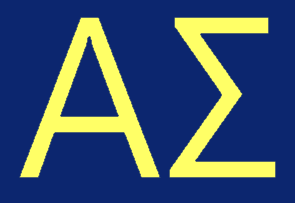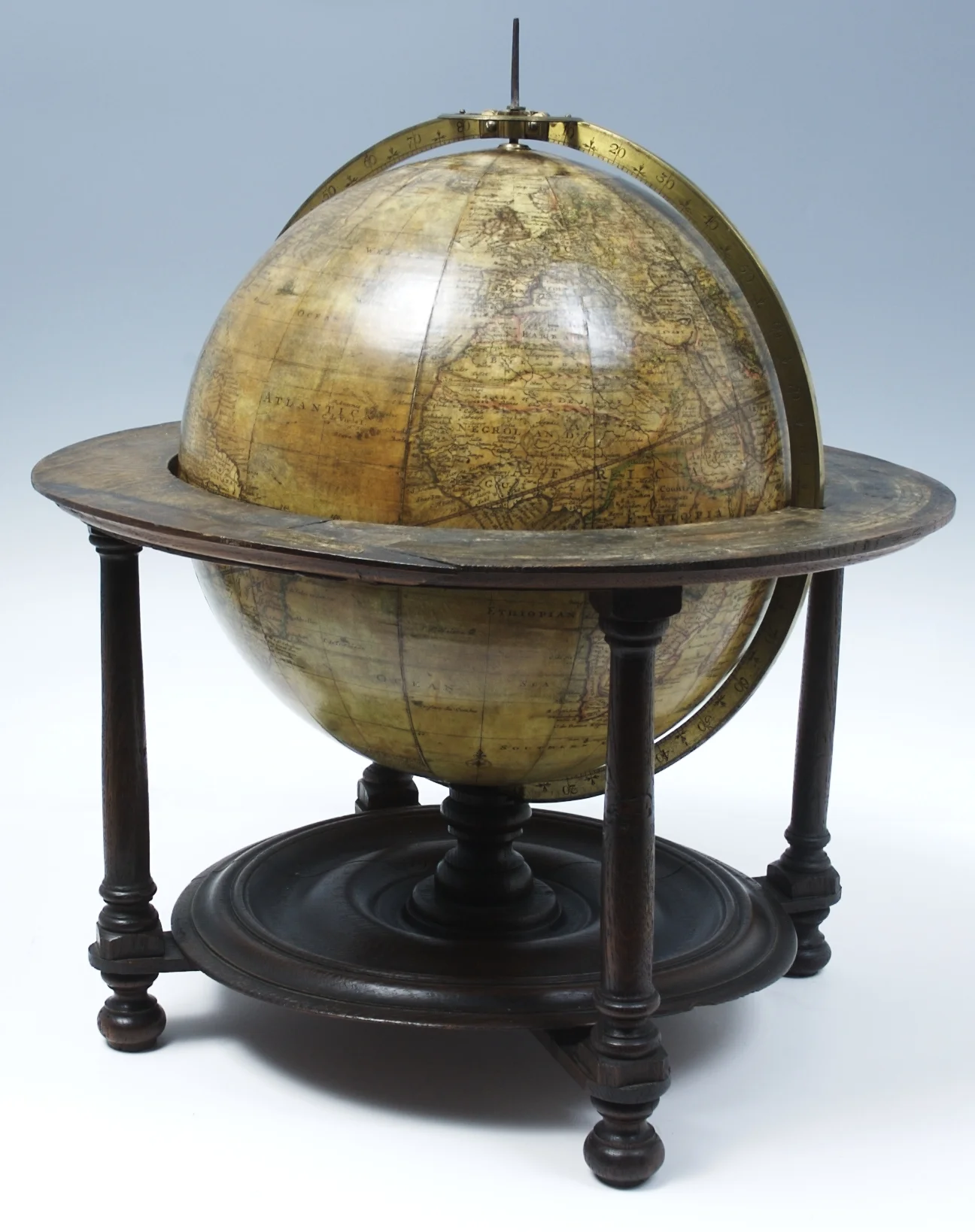Trap Streets and Made Up Words
Not all of the information presented on a map is true and at least part of this is on purpose. One of the problems for cartographers is that once they have gathered all of their information about the landscape and the roads, some rival company can just use the information in any published versions of the maps done by the first group and save themselves the trouble of investigating themselves. This is very hard to prove because ideally both maps should be presenting the truth and so they should be the same anyway.
To get around this there is a trick of the trade where map companies include trap streets into their designs. These are streets (or occasionally even whole towns in the case of Atlases) that don't actually exist. Once you see your street appear on someone else’s map you know that there has been some copying going on. These things are surprisingly common, in fact the London A-Z has over 100 trap streets. There is a playful nature to the naming patterns of these places. Obscure synonyms for fake or trap, anagrams of trap street or names of people in the companies seem common choices.
Dictionaries and Encyclopedias are also common practitioners of fake entries. These are sometimes known as Mountweazels after an infamous entry in the 1975 New Columbia Encyclopedia for a fictional Lillian Virginia Mountweazel, a supposed fountain designer and photographer of American mailboxes. Many dictionaries announce that they have hundreds of these things (notice that the threat of having them is enough to stop would be plagiarisers) and will usually announce a few of them to prove it. So a zzxjoanw is supposedly a Maori drum, a Stone Louse is a rock eating animal and, appropriately, Esquivalience means “the willful avoidance of one’s official responsibilities.”
Fact checking website snopes.com has a page known as The Repository of Lost Legends which is a list of entirely made of false stories made by them. These urban myths often start appearing on other websites presented as truth. Snopes.com uses it to help spread the message that people should do their own research and should avoid appeals to authority. Notice that the acronym of the page is TROLL.






